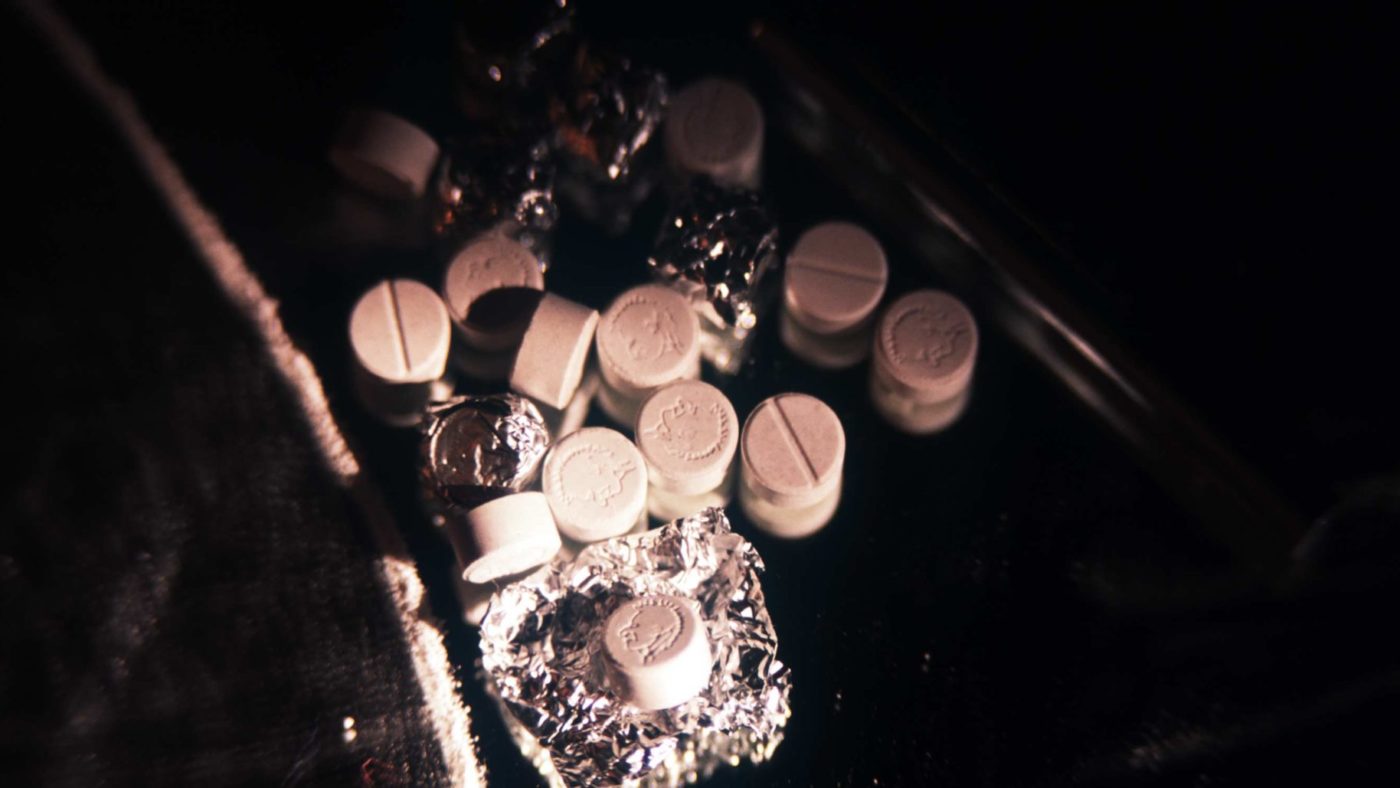Four young people in or around Newcastle died over the weekend, with MDMA and ketamine suspected to have been involved. The latest ONS data available shows that drug-related deaths in England and Wales are at their highest level since records began in 1993, and the death rate in the north-east is particularly high.
These tragedies and many others like them are made more likely by politicians’ continual reluctance to look again at our outdated drug laws. A total absence of control or regulation in the criminal market leaves millions of Brits at much greater risk of taking contaminated drugs, misjudging their potency, or even using a completely different substance to the one they thought they were.
Despite these risks and the threat of up to seven years in prison for possession of Class A drugs, more than one in 10 people aged 20-24 have tried them over the past year. It’s little wonder that Newcastle University’s response to two of its students dying — essentially making the obvious point that ‘drugs are illegal and dangerous’— has rightly been criticised by students.
Universities are often (though not always) reluctant to embrace a harm reduction stance for fear of appearing to condone illicit drug use. Unfortunately, your average ecstasy dealer doesn’t tend to hand out helpful factsheets on drinking enough water and taking regular breaks from dancing to his or her customers. Giving students potentially life-saving advice on safer seshes is a world apart from promoting recreational drug use, and every university needs to recognise this as quickly as possible. Organisations like We Are The Loop already offer a fantastic example of how to disseminate harm reduction advice.
But the reality is that harm reduction will only ever be a partial solution to the host of issues with our current drug laws. Criminalisation makes it impossible to give people guidance for safer use at point of sale. It allows easy underage access to illicit drugs, puts billions into the pockets of violent gangs, ruins hundreds of thousands of lives with criminal records, and encourages child exploitation in the supply and production side of the black market.
Our whole approach needs to change.
At the Adam Smith Institute, we’ve already sketched out how a recreational cannabis market might operate in the UK. But for other drugs, the case for reform on safety grounds is arguably far more urgent.
Decriminalisation would be a good first step. Portugal’s decision to decriminalise all drugs in 2001 paved the way for a public health approach that reduced drug-related infectious diseases and drug-related deaths: all without any increase in overall use. In the UK, decriminalisation would also help curb the excesses of racialised enforcement, where black people are nine times more likely to be stopped and searched for drugs despite using them at a lower rate than white people.
But we shouldn’t stop at decriminalisation, since it leaves the supply side of the market entirely in the hands of criminals. There hasn’t been as much work done on introducing legal, regulated markets for drugs other than cannabis, but Transform Drug Policy’s upcoming book ‘How to Regulate Stimulants’ (released later this month) will change that.
We don’t know the exact circumstances of the four young people that died in the north-east over the weekend, but one can easily imagine an alternate Britain where university students in similar situations buy MDMA from a legal supplier. It could be a specialist pharmacy that gives detailed information on dosage and precautionary measures based on the individual’s circumstances, only provides the drug in pill form from properly regulated producers that don’t use child labour, and perhaps limits the amount that can be purchased over a certain time period.
I’d rather me, my family and my friends lived in this alternate Britain—and I’m far from alone in that opinion.
Click here to subscribe to our daily briefing – the best pieces from CapX and across the web.
CapX depends on the generosity of its readers. If you value what we do, please consider making a donation.


